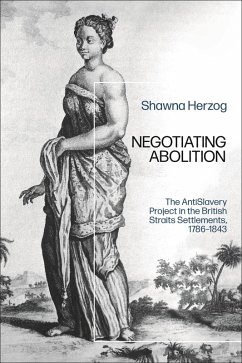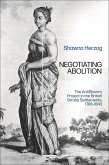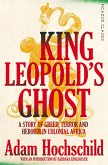Negotiating Abolition: The Antislavery Project in the British Straits Settlements, 1786-1843 explores how sex and gender complicated the enforcement of colonial anti-slavery policies in the region, the challenges local officials faced in identifying slave populations, and how European reclassification of slave labor to systems of indenture or 'free' labor created a new illicit trade for women and girls to the Straits Settlements of Southeast Asia.
Through a history of early-19th century slavery and abolition in this often overlooked region in British imperial history, Herzog bridges a historiographical gap between colonial and modern slave systems. She discusses the dynamic intersectionality between perceptions of race, class, gender, and civilization within the Straits and how this informed behavior and policy regarding slavery, abolition, and prostitution within the settlement.
This book provides an important new perspective for scholars of slavery interested in Southeast Asia, British imperialism in the Indian Ocean world and Asia, the East India Company in the Straits, and gender and sexuality in the context of empire.
Through a history of early-19th century slavery and abolition in this often overlooked region in British imperial history, Herzog bridges a historiographical gap between colonial and modern slave systems. She discusses the dynamic intersectionality between perceptions of race, class, gender, and civilization within the Straits and how this informed behavior and policy regarding slavery, abolition, and prostitution within the settlement.
This book provides an important new perspective for scholars of slavery interested in Southeast Asia, British imperialism in the Indian Ocean world and Asia, the East India Company in the Straits, and gender and sexuality in the context of empire.









